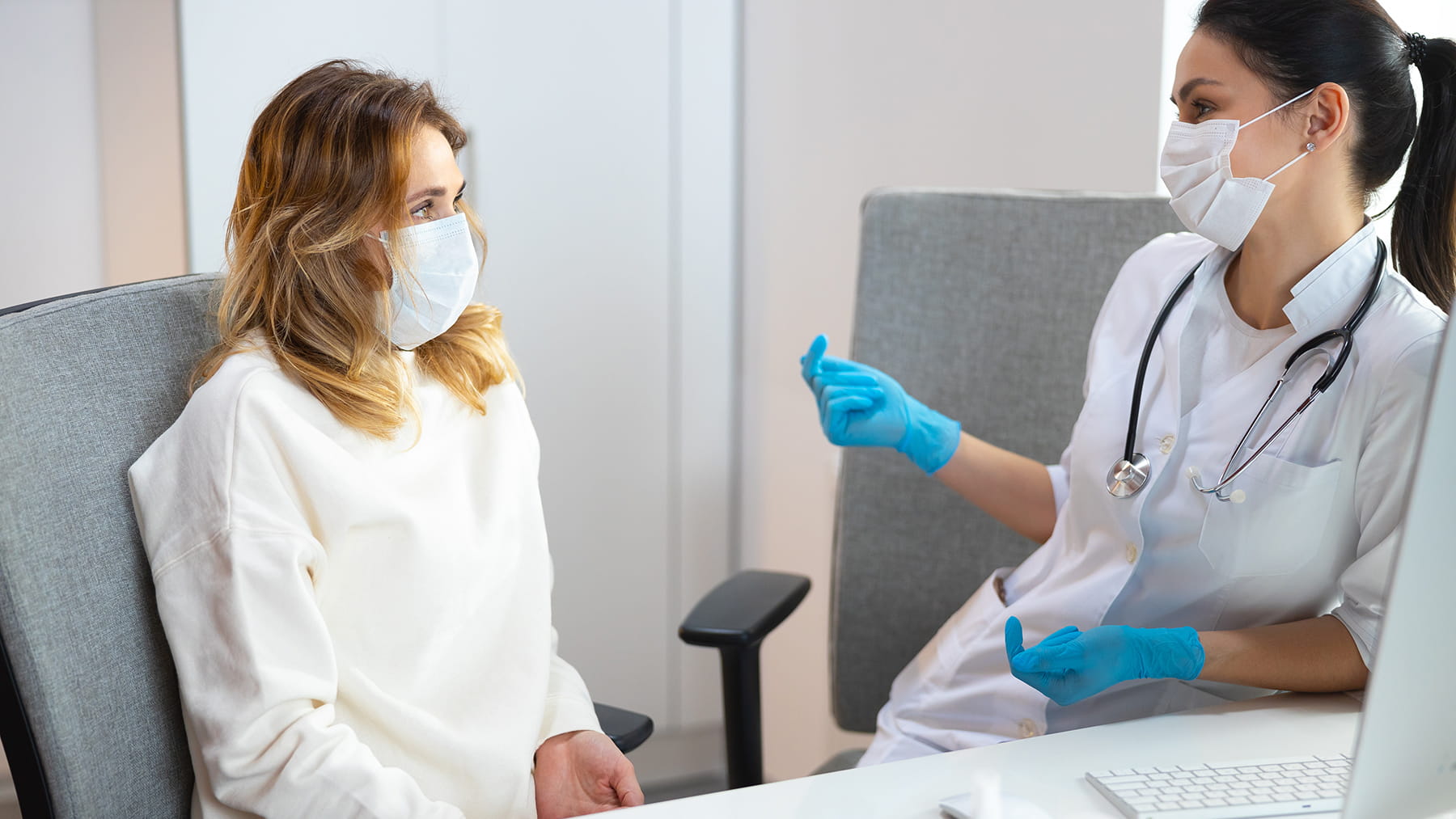Is it worth postponing routine screenings during a pandemic?

Editor’s note: As what we know about COVID-19 evolves, so could the information contained in this story. Find our most recent COVID-19 blog posts here, and learn the latest in COVID-19 prevention at the Centers for Disease Control and Prevention.
Your colonoscopy, endoscopy or other routine screening might have been postponed because of COVID-19 restrictions, but many health care facilities—including the Ohio State Wexner Medical Center—are now prepared to reopen these services for patients.
Many of these routine procedures aren’t exactly events you might look forward to, so rescheduling them may not be at the top of your priority list. But there are important reasons they’re recommended, and your health may depend on them.
Is it really safe to visit a health care facility again?
At the Ohio State Wexner Medical Center’s facilities and many others across the nation, we’re applying strict cleaning and safety protocols that make our environments as safe as possible for both patients and staff.
We clean and disinfect near-constantly, for example, using hospital-approved disinfectant while wearing appropriate personal protective equipment (PPE). Between patients, we disinfect all equipment, exam tables, counters, chairs, light switches, door knobs and any other surface a patient could have come in contact with.
The risk of acquiring COVID-19 during a screening is quite low as long as you’re adhering to social distancing, performing good hand hygiene and wearing a face mask.
The risks of putting off screenings
Routine screenings are performed for diseases that we know have a better outcome if they’re caught early. Some screenings are recommended for people beginning at a certain age, while others are recommended for people with specific risk factors, including a family history of a disease.
By delaying these screenings, you might not catch a disease before it reaches a more advanced stage that’s much harder to treat successfully.
We screen for chronic disease, such as hypertension, hyperlipidemia and diabetes, because we know that if those are left untreated, they can lead to heart disease, kidney disease and other serious complications. Early detection helps patients and their health care providers become better partners on a treatment plan—and early treatment can prevent many of those downstream effects that can be irreversible once they’ve developed.
Could I wait at least a little longer to schedule my screening or test?
If you’re at low risk for the particular condition you’re being screened for, then it’s reasonable to put off your screening tests a few months. But if you’re high-risk, you shouldn’t delay long because we want to catch any signs as early as possible.
COVID-19 adds another layer of concern for these tests and, sure, it provides an easy excuse to postpone. But I urge you to discuss any concerns you have about acquiring COVID-19 with your primary care provider—they can help you weigh the risks of a delayed diagnosis versus. becoming infected with COVID-19.
The novel coronavirus is likely to be with us for the rest of the year, and it’s best to prevent what we can through routine testing than to ignore our health and risk a detrimental diagnosis.
Jan Westphal is a physician lead at Thomas Rardin Family Practice at The Ohio State University Wexner Medical Center, and an assistant professor and an associate program director of clinical operations at The Ohio State University College of Medicine.




